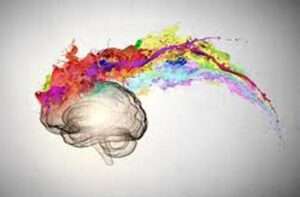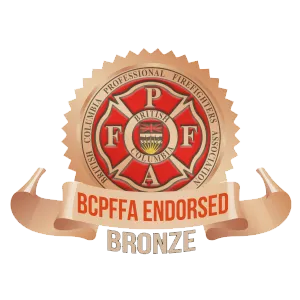Art Therapy is a professional method of treatment that has its roots in psychoanalysis. The Expressive Art Therapy we offer during our Traumatic Stress Recovery Program and Anxiety & Depression Recovery Program does not implement psychoanalyses or clinical evaluation. It has a therapeutic focus based on expressing emotions through self exploration by using drawing, painting, collage, or sculpture techniques. The emphasis is on the process, not on the final product.

Through the process of creativity, clients discover non-verbal ways of identifying emotions and feelings that may not always be available to them through conventional talk therapies. Emotions, particularly those that result from trauma, crisis, or loss, can be difficult to articulate. Often verbal expression cannot completely convey their meaning or intensity. Some emotions are too difficult to relay with words. Therefore, many people push them inward, causing depression, confusion, anxiousness, hopelessness, or frustration. Expressive Art Therapy provides a safe and empowering outlet for expressing emotions such as fear, guilt, pain, anger, and rage. It can be particularly beneficial in circumstances where overwhelming or complex emotions need to be expressed. It can also help integrate traumatic experiences and can lead to relief and resolution of grief and loss. In her book, The Creative Connection: Expressive Arts as Healing, Dr. Natalie Rogers notes that “When trauma is too great for words, people may find that symbols, colors, movement, and sound provide acceptable paths for expression”.

There is evidence that using one’s hands to engage in rewarding activities increases serotonin and may reduce depression and anxiety. “Engagement with creative activities has the potential to contribute toward reducing stress and depression and can serve as a vehicle for alleviating the burden of chronic disease.” The Connection Between Art, Healing, and Public Health: A Review of Current Literature by Heather L. Stuckey, DEd and Jeremy Nobel, MD. “Making things” such as drawings, paintings, collages, or sculptures involves a hands-on investment in an object with tangible results that give pleasure to or has meaning for its creator.
The overall experience of Expressive Art Therapy is a process of self discovery and understanding. It increases a client’s self-awareness, self-esteem, self-respect, well-being, and mindfulness. During our Expressive Art Therapy sessions we explore topics such as positive psychology and self-compassion which are strongly associated with recovery from PTSD, depression, and anxiety.
Alongside other evidence-based therapies, through the “power of art” (shapes, colour, and line quality) our clients are provided with a safe environment to transform their unpleasant life experiences into healing images, to process their negative emotions and discover positive ones with beautiful, colourful images based on family, nature, animals, and abstract subject matter.
For more helpful resources and information on our mental health programs visit us at https://ptsdrecovery.ca



